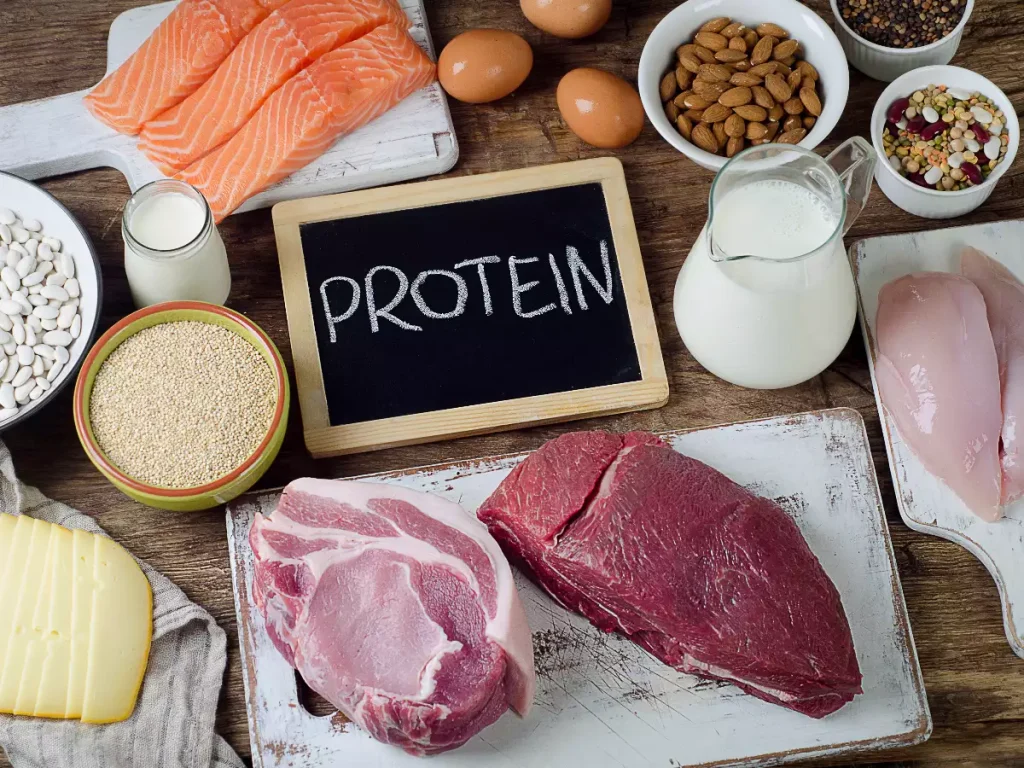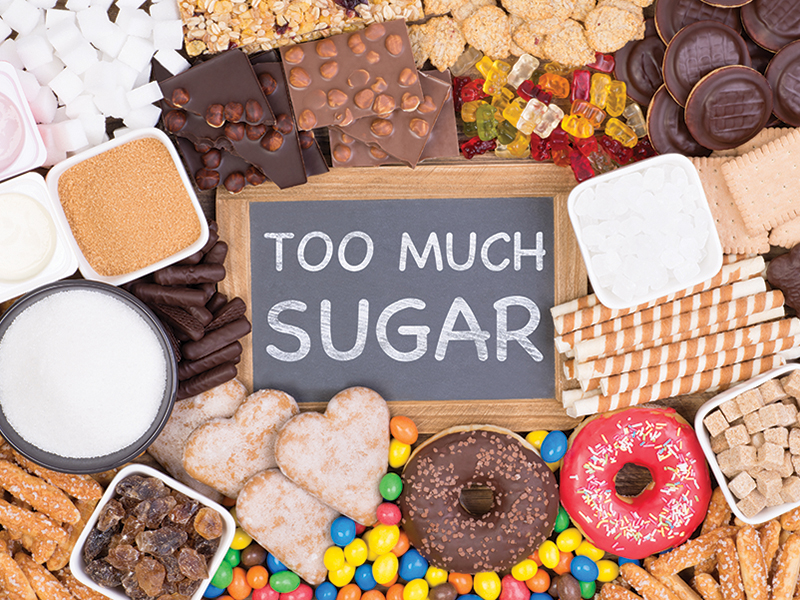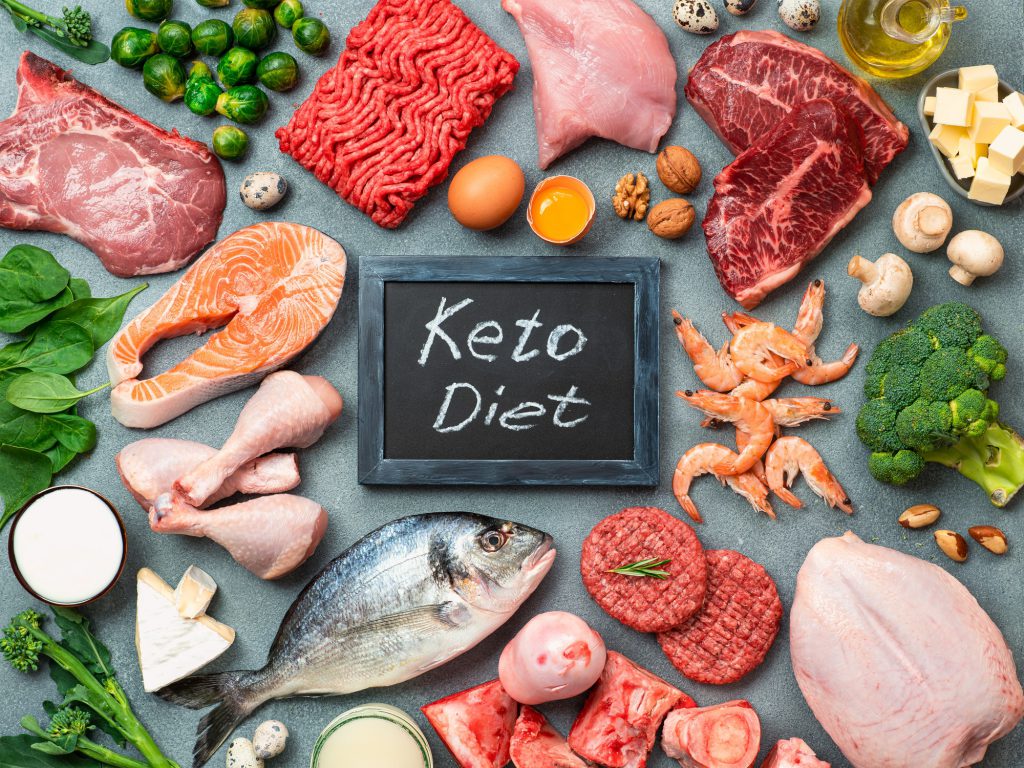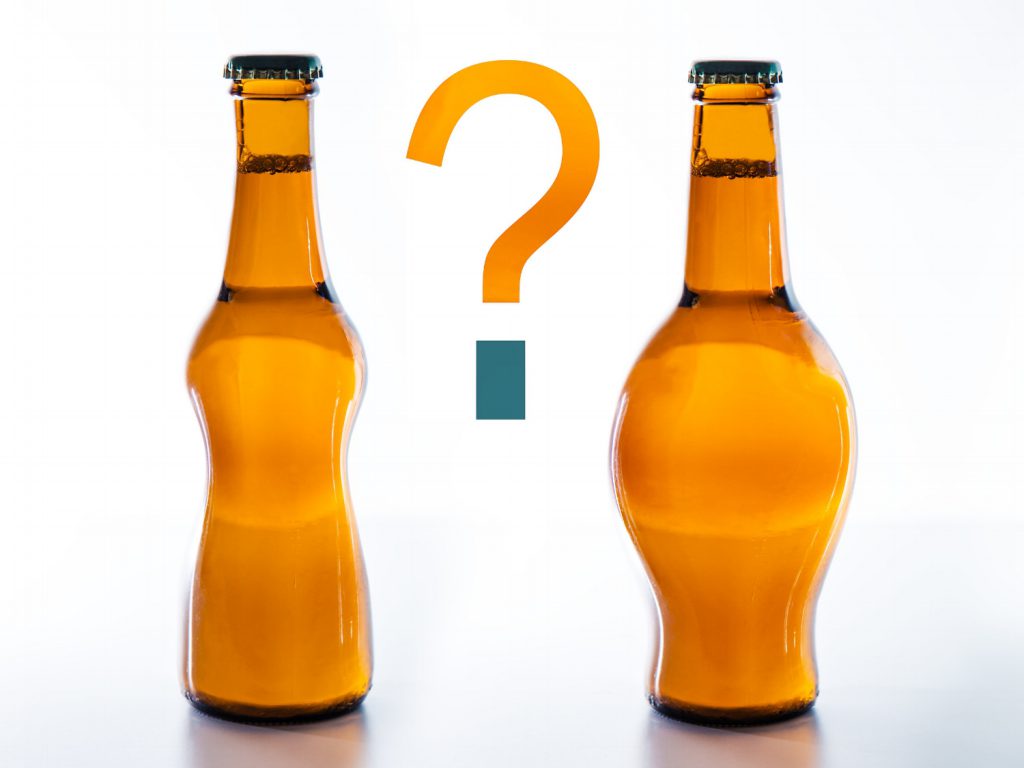How Does Protein Help You Lose Weight
Protein Role in Weight Loss can be excellent, in the health and fitness world you have probably heard that protein is a great way to help you lose weight too.
Regular adults are advised to eat 0.75g of protein for each kilogram of body weight, or 0.32g of protein for each pound of body weight, based on the Reference Nutrient Intake (RNI). So if a man weighing 70kg/165lbs (11 stone), he should eat about 52.5g of protein a day.
On average, men should eat 55g and women 45g of protein daily. That’s about 2 palm-sized portions of foods like meat, fish, tofu, nuts or pulses.
On the other hand, there are different individual recommendations for active people, athletes and those following a weight management programme where Protein for Weight Loss content has to be manipulated.
If you haven’t already, be sure to download the Strive the Weight Loss Challenge App to track your weight and compete with friends and family with similar fitness goals.
Why Is Protein Important for Weight Loss?
So before we look at Is Protein Good for Weight Loss, it’s important to understand why protein, as a nutrient is important for the human body. Every cell in your body contains protein. Protein is made up of a chain of amino acids and we need these to help the body repair cells and make new ones. Protein also plays an important role in the growth and development of children, teens, and pregnant women. Weight Loss With Protein also plays a critical part in the processes that fuel your energy and carry oxygen throughout your body in your blood.
Why can a High Protein Diet help you Lose Weight?
When you are planning or choosing your meals, how does your plate look? Is it mainly carb-heavy? Is there any protein?
- Foods that are high in protein will keep you fuller for longer. It takes the body longer to digest protein so you won’t feel hungry again so soon after eating, and you’ll be less likely to binge eat on unhealthy snacks.
- A high protein diet will help you build lean muscle when combined with exercise. Having lean muscle helps to burn more calories throughout the day, which can also help with weight loss
- By replacing carbs and fat with protein, you reduce the hunger hormone and boost several satiety hormones. This leads to a major reduction in hunger and is the main reason protein helps you lose weight. It can make you eat fewer calories automatically.
What about the diet shakes for Weight Loss?
Yes there are a number of diet shakes on the market which promote weight loss through their high protein meal replacements. The problem here is that this type of diet can be classed as a crash diet, which in the long-term is not sustainable. To start, yes you will lose weight but this is not something you can do long term. Looking at it this way, high-protein diets can bring a quick drop in weight because eliminating excess carbohydrates causes a loss of body fluids. And, high-protein diets cause substances called ketones to be released into the bloodstream. The ketones make dieting easier by lowering appetite.
The best way to combat this is to follow a healthy balanced diet with protein as the focus of your meal. Below we have some excellent examples of high protein, low carb recipes for weight loss:
Eating Protein in smaller quantities, frequently can help you to Lose Weight and speed up your metabolism
Does Eating Protein Help You Lose Weight – So, you may have seen all over Instagram pictures of those glorious looking meal preps and beautiful looking, colourful foods! People are meal prepping everywhere to support their weight loss and training goals!
Don’t they look appealing, all those small and tasty looking meals filling little tupperware boxes ready for the week ahead?
Imagine being that prepared?
It has been suggested that eating smaller, more regular meals increases your metabolism and aids in maintaining a healthy weight.
Why eat smaller and more frequently in the first place?
It’s important to understand the reasons for eating several small meals a day and why it is an effective way to eat before looking at the effects on the metabolism. Below are the main advantages of eating smaller, frequent meals:
- Meal prepping properly by Incorporating fibrous vegetables and lean protein sources into your meals everyday will keep you fuller for longer.
- Eating more frequently and smaller, balanced meals can help curb cravings and any potential binge eating you may be used to doing.
- Smaller meals calculated to the correct macros you need including carb/protein/fat can help to keep blood sugar/insulin stable and encourage more fat burning while in the “fed” state all day long.
- You can tailor all your smaller meals to your goals, be them to gain muscle mass, to lose weight or to shred up.
Don’t skip breakfast
First things first; Breakfast!
Prep your breakfast the night before so you are less likely to skip it.
Breakfast doesn’t have to be huge, in fact a small but effective breakfast is a great way to fire up your metabolism. After you have slept your body wakes up depleted and technically it’s in ‘starvation mode’. It is ready to soak up anything you give it so you may as well give it something it’s going to love.
Choose Eating Protein for Weight Loss and slow digesting carb source as this will kick-start your metabolism, preparing it for the day ahead.
If you skip breakfast you will remain hungry and are more likely to binge throughout the day. Eating breakfast can increase your resting metabolism by up to 10 percent.
High Protein Food List
- Eggs – 6 grams of protein and 78 calories per egg
- Almonds – 6 grams of protein and 164 calories per ounce
- Chicken Breast – 53 grams of protein and only 284 calories per chicken breast
- Oats – 11 grams of protein and 307 calories per cup
- Low Fat Cottage Cheese – 28 grams of protein and 163 calories per cup
- Greek Yogurt – 17 grams of protein and only 100 calories per 6 ounces
- Milk – 8 grams of protein and 149 calories per cup
- Broccoli – 3 grams of protein and only 31 calories per cup
- Lean Beef – 25 grams of protein and 186 calories per 3 ounces
- Tuna – 27 grams of protein and only 128 calories per can
- Quinoa – 8 grams and 222 calories per cup
- Whey Protein – 20–50 grams of protein per serving
- Lentils – 18 grams of protein and 230 calories per cup
- Turkey Breast – 26 grams and 125 calories per 3 ounces
- Salmon – 19 grams of protein and only 175 calories per 3 ounces
- Shrimp – 20 grams of protein and only 84 calories per 3 ounces
- Brussels sprouts – 2 grams of protein and 28 calories per 1/2 cup
- Peanuts – 7 grams of protein and 161 calories per ounce
Meal prepping helps with strength, endurance and performance
Providing you are eating tailored to your macros you are fuelling your body with a constant supply of resources, which will keep you feeling full and your glycogen stores in a state of constant replenishment. There are many different Role of Protein in weight loss challenges available that will help you reach your goals.
Your muscles will also enjoy a steady supply of protein all day long too which means muscular growth and recovery is enhanced. With stronger muscles and better recovery you will be able to enjoy enhanced strength, endurance and performance.
Smaller meals more frequently can help with weight loss and a more efficient metabolism. If you are embarking upon a calorie-controlled diet, it makes sense to eat smaller portions more often.
You might feel you want to skip some of your meals but try not to do it. Not only does meal-skipping create hunger it also slows your metabolism right down too. A study published in a 2005 issue of the American Journal of Clinical Nutrition looked at whether meal frequency and spacing affected the post-meal metabolic rates of 10 women.
It was discovered that women who ate six times a day at predictable intervals, boosted their post-meal metabolic rate more than when they ate the same number of calories at three to nine unpredictable intervals.
Frequently Asked Questions
What Are The Benefits of Protein in Weight Loss?
Some good benefits of protein can make it work better for weight loss. Protein increases the speed of metabolism, which increases the number of calories your body burns. Protein also helps to maintain muscle mass, which is crucial to a healthy lifestyle because muscles burn more calories than fat during rest. And lastly, protein helps to keep you full and satisfied.
Is it possible to lose weight on a low protein diet?
It is not possible to lose weight on a low-protein diet. There are plenty of sustainable healthy diets that can help you lose weight. Protein gives your muscles the energy they need to continue to grow and recover while you exercise, which is considered one of the best ways to burn calories and build lean muscle mass. The more lean muscle you have, the more calories your body will be burning throughout the day, and it helps prevent conditions such as diabetes and metabolic syndrome.
When is the best time for someone to eat protein before or after their workouts?
According to fitness enthusiasts, one should prefer to take protein supplements after a duration of 15 to 20 minutes of workout and exercise. In other words, this time frame is also termed an anabolic window and suggested as the best time frame to intake protein.
How much protein can I get in a day to lose weight?
Protein is a very important part of your diet. Protein keeps you full and helps you feel satisfied, which can help with hunger and weight loss. If your goal is to lose weight, it may help to eat small amounts of protein throughout the day rather than following a traditional high-protein meal plan.
How does protein help burn fat?
Protein is a macronutrient that helps the body to burn fat. The body needs protein to produce enzymes and hormones like testosterone, human growth hormone (HGH), and insulin. Those hormones help your body to metabolize food more quickly, build lean muscle tissue, and create an environment that makes it easier for you to lose weight. Protein also has an effect on carb cravings because it keeps blood sugar stable, so you don't get hungry between meals.
Does protein speed up metabolism?
Yes, there are several studies that support the fact that protein boosts metabolism. one can prefer protein in place of carbs and fat. It results in controlling the hunger hormones and increases the satiety hormones. It helps in controlling the hunger of individuals, and that helps in the weight loss process.
How often should I drink protein shakes to lose weight?
It is better to consume only one or two protein shakes a day. Also, one should go with protein shakes that fulfill the body's requirements and are healthy. For example, if you are not interested in consuming vegetables, then it is suggested to take a shake that contains vegetables. You can consume a post-workout protein shake that will control carving and kill hunger which will help you focus on your weight loss diet plan.
Is it good to eat small meals for weight loss?
It is more effective for weight loss if you start taking small and frequent meals rather than three regular meals. In this, one would eat fewer calories, sugar-enhanced foods, fatty foods, and other junk foods. It lessens the chance of overeating and probably helps in fulfilling your motive of weight loss.
What are the best times to eat to lose weight?
It is suggested that the ideal time for consuming food or eating anything is between 9 am to 7 pm. This is the time when light remains outside, and our body performs digestion easily. Also, there is an old saying that breakfast should be made like a king, lunch like a prince, and dinner as a pauper. In a standard manner, we can suggest you have breakfast just after 7 am. Lunch hours should be between 12.30 and 1 pm, and finally, dinner time should be between 6 pm and 6.30 pm.



